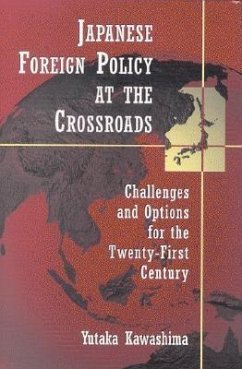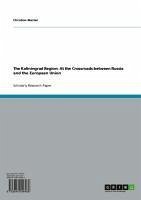The post¿World War II paradigm that ensured security and prosperity for the Japanese people has lost much of its effectiveness. The current generation has become increasingly resentful of the prolonged economic stagnation and feels a sense of drift and uncertainty about the future of Japan's foreign policy. In J apanese Foreign Policy at the Crossroads, Yutaka Kawashima clarifies some of the defining parameters of Japan's past foreign policy and examines the challenges it currently faces, including the quagmire on the Korean Peninsula, the future of the U.S.-Japan alliance, the management of Japan-China relations, and Japan's relation with Southeast Asia. Kawashimäwho, as vice minister of foreign affairs, was Japan's highest-ranking foreign service official¿cautions Japan against attempts to ensure its own security and well-being outside of an international framework. He believes it is crucial that Japan work with as many like-minded countries as possible to construct a regional and international order based on shared interests and shared values. In an era of globalization, he cautions, such efforts will be crucial to maintaining global world order and ensuring civilized interaction among all states.
Bitte wählen Sie Ihr Anliegen aus.
Rechnungen
Retourenschein anfordern
Bestellstatus
Storno









